Despite protests and criticisms, Tokyo Electric Power Company (TEPCO) announced on May 7 that it has completed the fifth round of discharge of nuclear-contaminated water from the crippled Fukushima Daiichi nuclear power plant into the ocean.
TEPCO said approximately 7,800 metric tons of nuclear-contaminated water was dumped in this round, which marked the first round of ocean discharge in fiscal 2024.
Disregarding complaints, TEPCO, the operator of the stricken Fukushima nuclear plant, plans to discharge a total of 54,600 tons of "treated" radioactive wastewater over seven rounds in the fiscal year ending March 2025 despite opposition from local residents, fishermen and the international community.
Mami Moriya, an educator specializing in mentally challenged children, emphasized the irreversibility of discharging nuclear-contaminated water into the ocean.
"Once nuclear-contaminated water is released into the sea, it cannot be retrieved, and it would be difficult to determine if various future global health issues are actually caused by such discharges," Moriya said.
She also voiced skepticism about the Japanese government's forthcomingness, anticipating potential cover-ups and evasion of proper compensation without genuine apologies.
Tutumi Fumitaka, a railway security guard, criticized the government for failing to take adequate responsibility and acknowledge the ongoing repercussions of the Fukushima nuclear disaster.
"Government officials want to give the impression that the Fukushima nuclear accident has come to an end and they are eager to restart nuclear power plants. However, considering the nuclear accident is not yet resolved, moving forward with such plans could lead to secondary damages," Fumitaka said.
In March 2011, the Fukushima power plant suffered a meltdown of three nuclear reactors following a massive earthquake and tsunami.
Ruiko Mutoh, a representative of the Complainants for Criminal Prosecution of the Fukushima Nuclear Disaster, highlighted accidents that happened earlier this year, exposing workers to highly radioactive water during toxic-water treatment.
She called for a thorough investigation into TEPCO's management capabilities.
"We can't deny the safety risks posed by releasing tritium and other radioactive substances into the environment and bioaccumulation through the food chain," Mutoh said.
"I believe the root cause of the issue lies in the lack of awareness of the responsibility of the generator of radioactive substances and the lack of legal constraints."
She advocated for the establishment of a long-term international monitoring mechanism to address concerns.
The disposal of nuclear-contaminated water into the ocean is a matter of international public interest, a spokesperson of the Chinese Embassy in Japan said on April 19.
"Japan must address the serious concerns of both its domestic population and the international community and fully cooperate in establishing an independent, effective and long-term international monitoring scheme with substantive participation of all stakeholders," the spokesperson said.
A plaintiff involved in a lawsuit against the Japanese government and TEPCO in regard to the ocean discharge stressed the need for an independent organization of global experts to investigate and monitor the release of nuclear-contaminated water into the sea and evaluate its safety, rather than relying solely on the International Atomic Energy Agency. The plaintiff, who declined to be named, emphasized the importance of first evaluating whether an immediate reduction of contaminated water stored in tanks is truly necessary and whether ocean discharge is the only viable option.
Additionally, urgent attention should be given to addressing the root causes of nuclear-tainted water generation.








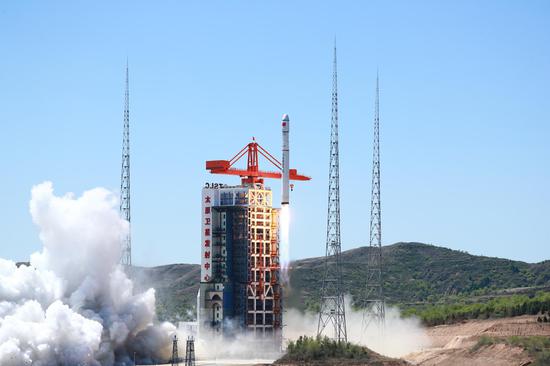



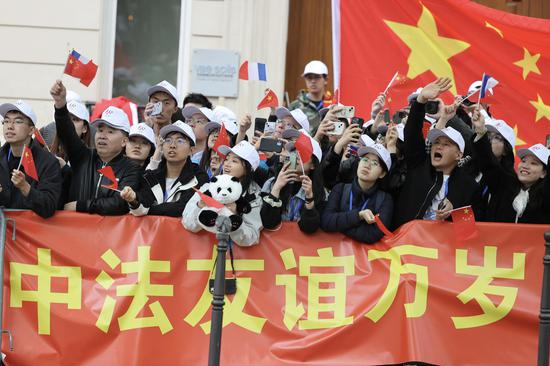
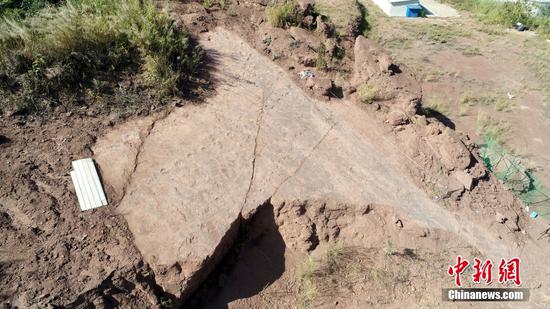




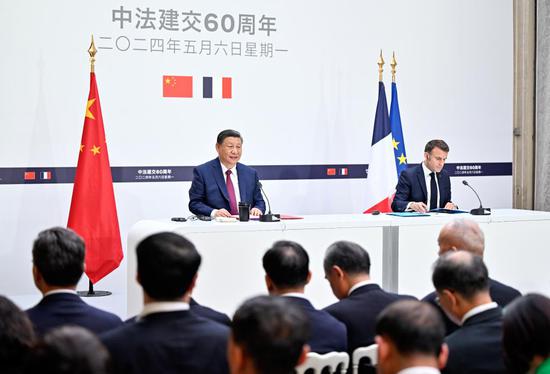




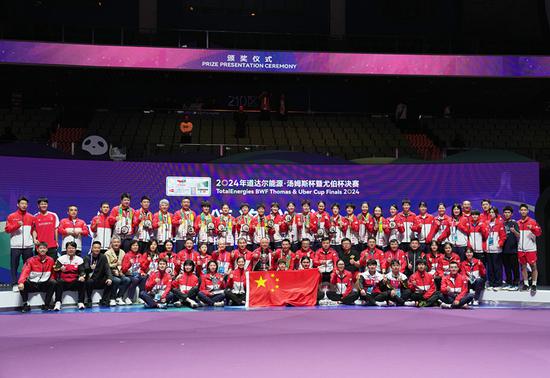

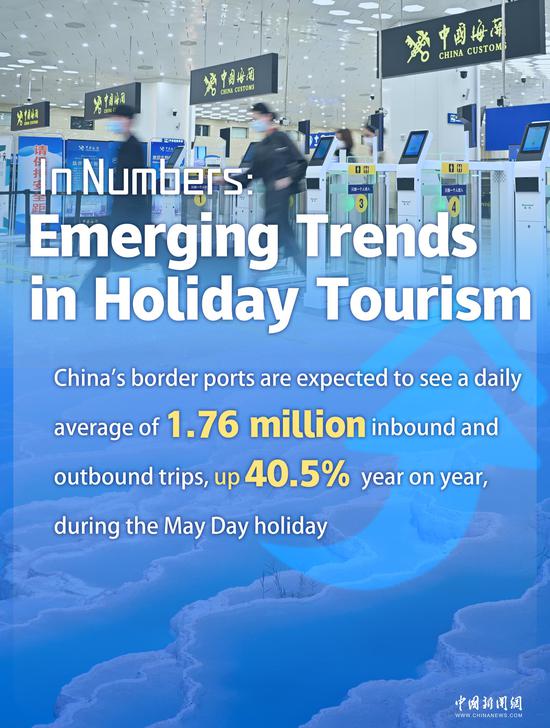

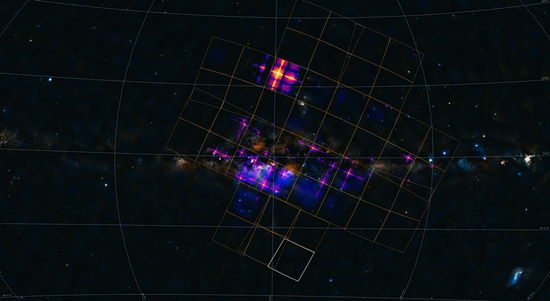


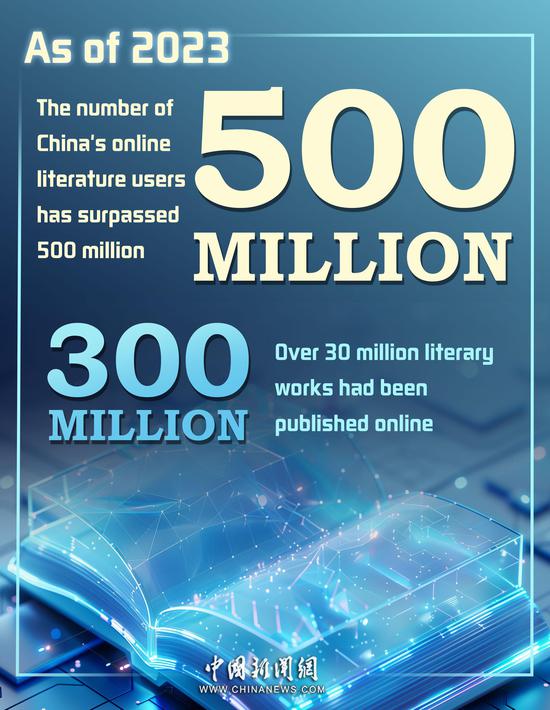
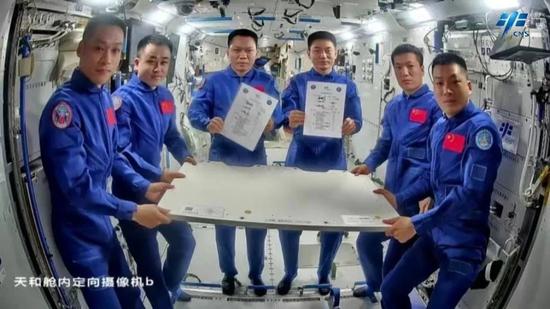
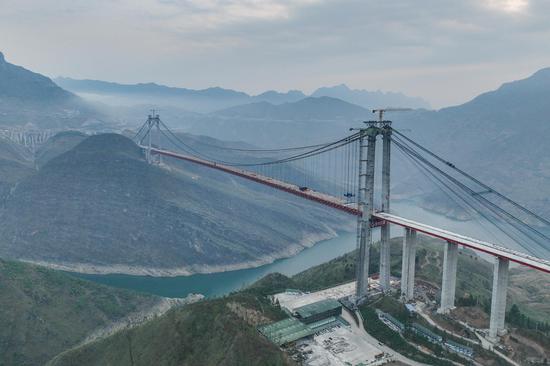


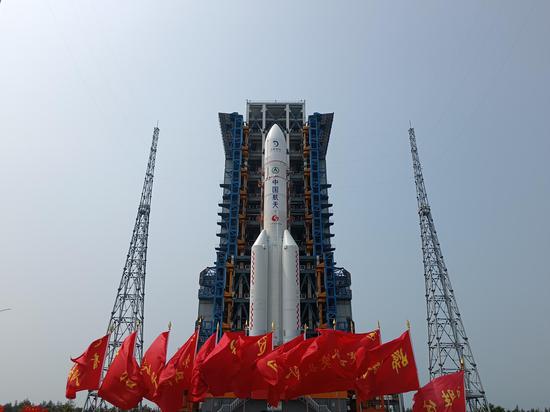

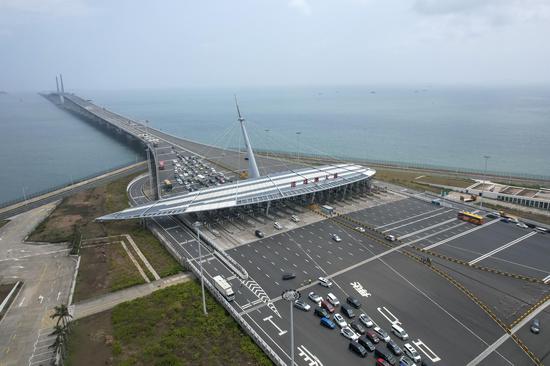

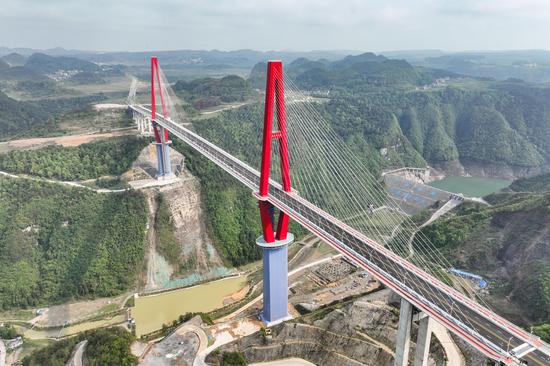

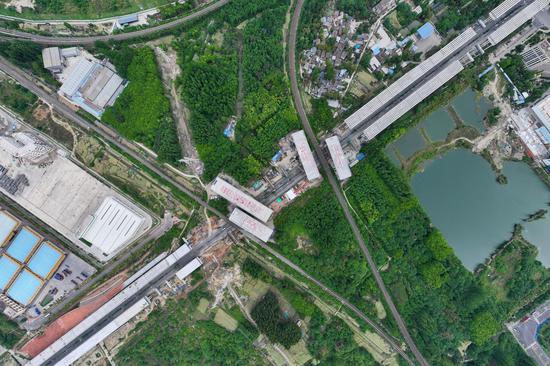

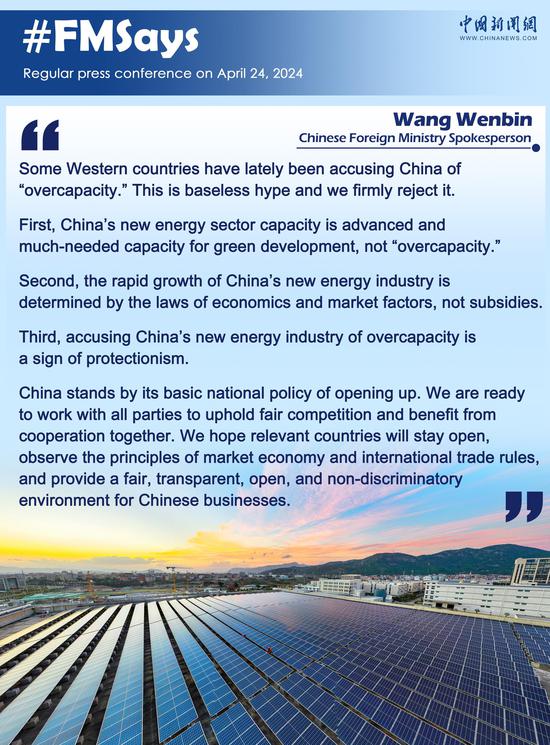
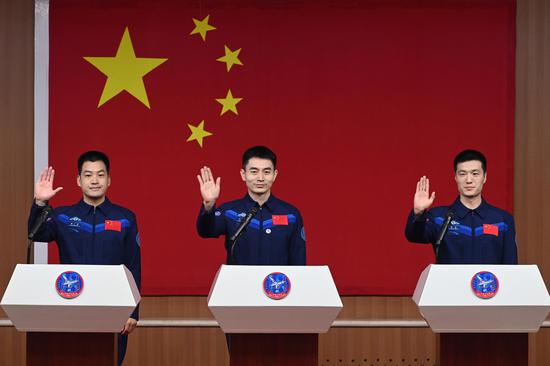





 京公网安备 11010202009201号
京公网安备 11010202009201号